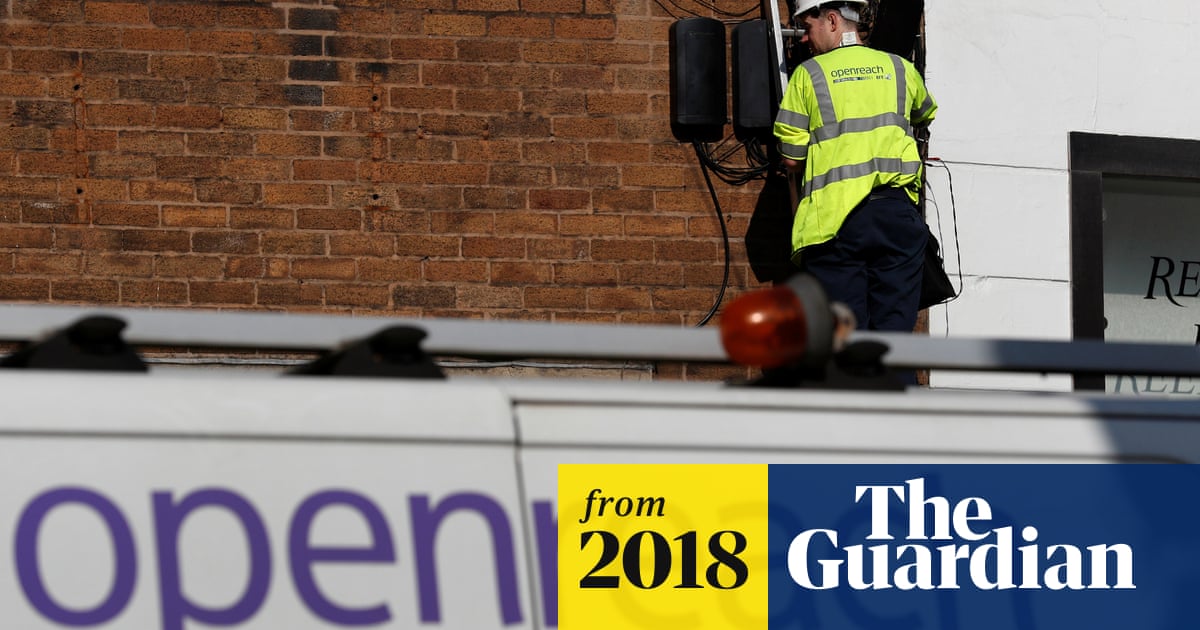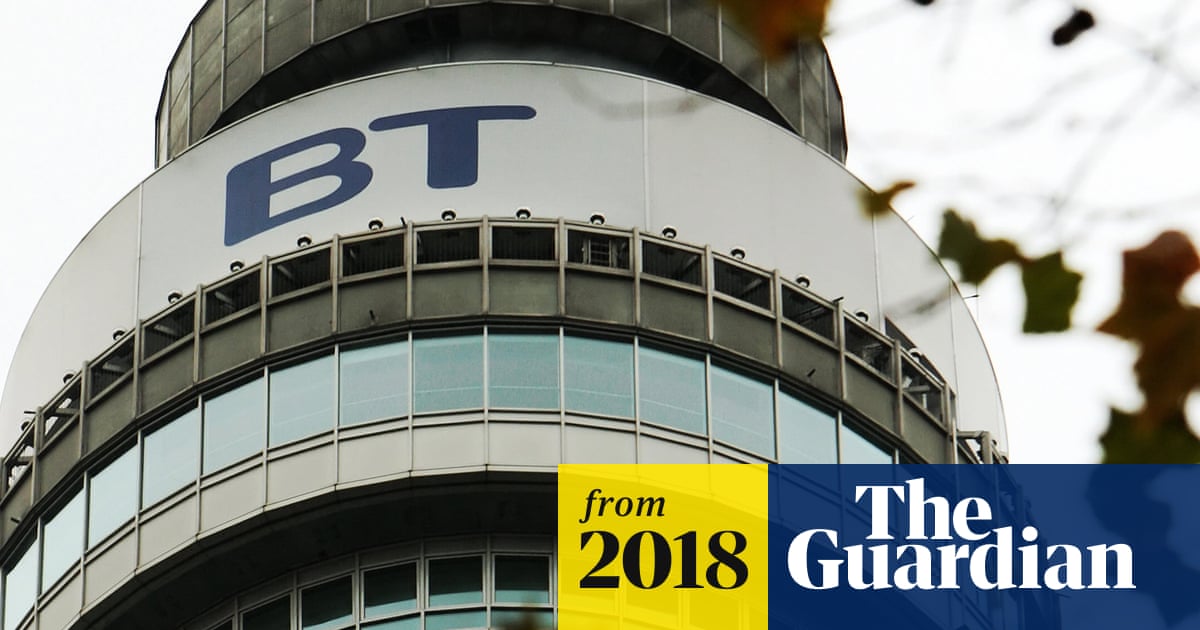Morning guys and gals.
I thought I would come here as I recieved great advice about my new PC build and so thought I may get some pointers towards WiFi speeds also.
I am connected to the Internet via Ethernet cable direct into the PC. Running speed tests I get a +50Mb download speed however whenever I download anything its always capping just below 7MB/s.
Is this because Mb and MB are different and that if I am reporting 50Mb download, in reality that is around the 7MB range? Owing to the 8bits in a byte?
Any help would be appreciated, even to just confirm that I have a measly 6MB download....!
Cheers
Edit: To add that my WiFi status says Speed is 526.5Mbps however in the Task Manager when downloading it caps at around 58Mbps....
I thought I would come here as I recieved great advice about my new PC build and so thought I may get some pointers towards WiFi speeds also.
I am connected to the Internet via Ethernet cable direct into the PC. Running speed tests I get a +50Mb download speed however whenever I download anything its always capping just below 7MB/s.
Is this because Mb and MB are different and that if I am reporting 50Mb download, in reality that is around the 7MB range? Owing to the 8bits in a byte?
Any help would be appreciated, even to just confirm that I have a measly 6MB download....!
Cheers
Edit: To add that my WiFi status says Speed is 526.5Mbps however in the Task Manager when downloading it caps at around 58Mbps....


.png)


